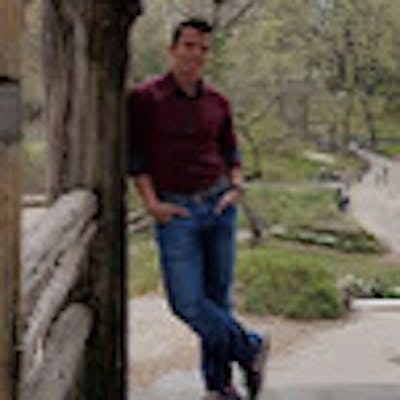What Makes an Engineer Attractive to High-End Clients?
Make yourself irresistible to top, global clients
So, you're a senior engineer. You feel that you offer a top-shelf skillset. But you're having a really hard time booking high-end clients or jobs. This guide's for you.
Focus on what you want
I've found that I achieved much greater success once I started focusing on roles I wanted and, conversely, the skillset required. So, when I stopped looking for "full-stack", "frontend", "javascript" and focused on React and React Native roles specifically, I found that I was getting significantly more replies and moving through the interview process with much greater success. If you want to have a high success rate, you need to learn to pick your battles.
First impressions
Iron out your own personal pitch and present yourself as a top-level professional from the get-go. This starts with your proposal letter or cover letter when submitting your CV. For example, this is what I'd write for a Senior React Native Engineer role:
With over a decade of professional experience in several key web technologies, such as Ruby on Rails, Django, HTML5, SASS, as well as 3 years of dedicated experience on React Native, with 4 apps published and being used by thousands of users worldwide, I believe I'd be a great fit for your team. I also bring experience as a team lead and have extensive remote work experience, having worked primarily remote for the past 3 years. I can also help architect high-level solutions with other teams, to achieve optimal results. If there's anything you'd like to go in-depth on, feel free to reach out to me.
Beyond that, when you get some face-to-face or Zoom time with the client, make sure you are in a well-lit environment, with a clean background and professional attire. I'm not necessarily talking about a button-down shirt, but a nice polo shirt goes a long way.
Remember that most interviews are about feel, more so than skill level. Be positive, talk clearly, and try to have an actual conversation with the interviewer. A great skill to develop is to eliminate filler phrases and sounds from your speech pattern, such as "umm", "eeeeh", "like" and so on. It's much better to take longer pauses between sentences than try to talk quickly and fumble over yourself.
Be prepared
Do some research on the company before your first interview. If you don't know what they do, a simple look at their website should fill in some gaps. Extra points if you can actually find out what their tech stack is, so you can have a bit more context about the role and how everything fits together. Don't go overboard and cyberstalk your interviewer though!
Turn the tables
Most interviewees take on a very passive role during the interview and just answer questions and when the interviewer on the other side inevitably asks "So, any questions?", they draw a blank. Another part of "being prepared" is trying to figure out where you might fit and how you can improve things after you come on board. Nobody hires a senior engineer to move buttons around with CSS. You are hired to solve real problems and even find problems and suggest high-level solutions. So ask how the teams work together. What would be required of you? How do they see you improving things? Are there some best practices that they may not be utilizing? Be memorable.
Relax
I know the pressure of getting a highly demanding job or contract may be overwhelming. But when you're looking at the global market, there are countless positions that you'd fit in. Relax and be your best self and don't let the pressure crush you and limit your potential. One way of achieving that is playing the numbers game. Before I landed my position at a prestigious California tech company from my home in Greece (more on that in a future post), I had applied to dozens, probably close to 50 positions. I hadn't utilized everything I'm outlining here, so my success rate was pretty low initially, but I didn't put all my eggs in one basket.
Eventually, I had 3 offers and I picked the one I'm at currently. Rejecting a client or company is never easy but it's better to have the options than have the one position be sink or swim.
For now, this should give you a leg up on most interviews and fellow engineers. Also, be sure to check out my other post and the most important skill for a senior engineer.
Until next time, peace.
